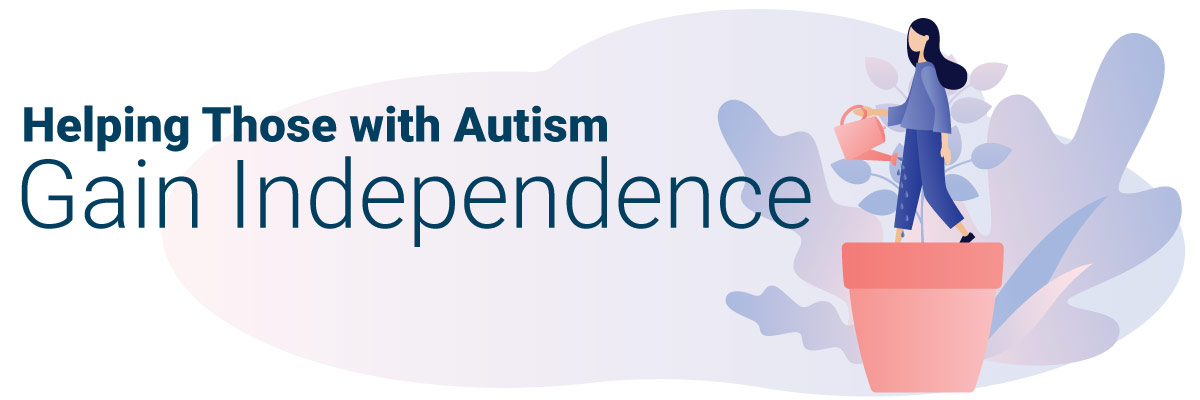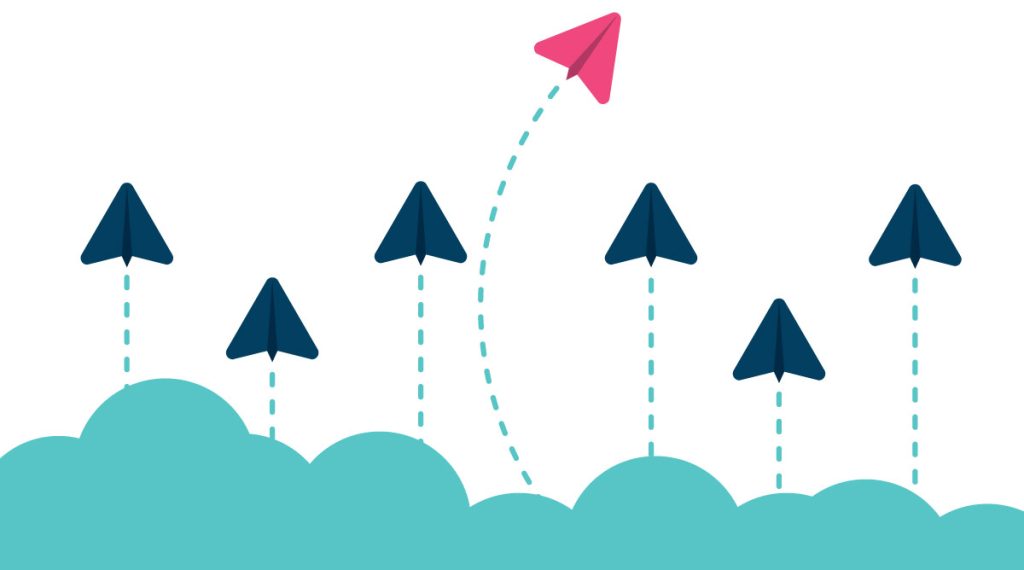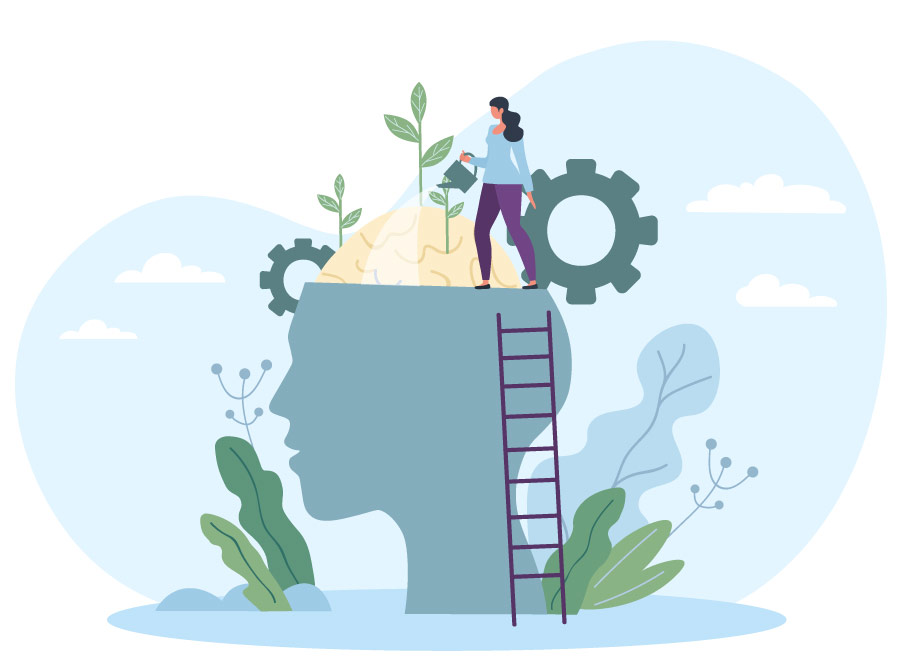
Developing independence takes time… a lifetime! And are we ever truly independent? Children are continuously developing the skills necessary to become self-sufficient adults. But they are also learning how and when to rely on others to fulfill their wants and needs.
As a parent that’s received an Autism Spectrum Disorder diagnosis for your child, you’ve likely experienced the understandable concern about how this diagnosis and its associated symptoms may affect your child’s ability to develop skills for adulthood. You likely thought, “Will they be able to live on their own?”, “Will they be able to hold a job?”, “Will they start a family” and assuredly many others. The reality is that each person’s situation is unique. Autism or not. So, what can a parent do, with or without an ASD diagnosis, to optimize their child’s strengths and help them prepare for adulthood?
Help Them Find What They’re Good At
Recognize their strengths and help them do the same. Every person has strengths that can be optimized to benefit themselves and society. For example, if your child is highly organized and has trouble when things are out of order, show them the benefits of that skill. Recognize that meticulous organization is often a skill that is difficult to teach, but if you have that innate ability, you can excel in environments where others cannot.

Hone in on their strengths and generalize them to other activities and settings. If your child is highly organized and likes to have your kitchen cabinets organized in a certain way, teach them to manage the feelings associated with a messy area by finding coping skills that help them feel calm. After all, everything can’t always be neat. That said, many people would pay someone to help them organize their homes! If your child has a skill like that, teach them to capitalize on it instead of trying to teach them to unlearn it.
Teach the Importance of Asking for Help
The idea of promoting independence may often seem like it is void of needing assistance. However, that idea ignores the reality that adults rely on other adults ALL OF THE TIME.
For example, have you ever had a clogged drain that you couldn’t clear yourself? You call a plumber for help. Have you ever tried to open a jar with a lid that would not budge? You’ll likely ask someone to help get it open. Have you ever been so upset by something that you needed to talk with someone else to help yourself get to a place of calm? None of these activities are accomplished alone. They happen with the assistance of others.

While self-sufficiency is important, it is equally important to learn how and when to ask for help. Most adults are not great at asking for help, and we would all likely be better off if we took a moment to realize that asking for help is an important skill, not only in childhood, but throughout adulthood!
Encourage Flexibility
One of the major challenges that individuals with ASD face is rigidity. Meanwhile, it is possible to create opportunities for building greater tolerance for change and increasing flexibility simultaneously. But it takes practice and patience.
It’s so easy to do things in the same way, and get into a routine with our children. Sometimes we don’t even realize we’re doing it. People are creatures of habit and often rely on routines for a sense of calm and normalcy. Predictability is calming, is it not? However, too much predictability can be limiting. Create opportunities for your children to face changes in their routines that are big and small.
For example, if you usually have the same dinners each night of the week, like hamburgers on Monday, and tacos on Tuesday, try starting small and switch a dinner each week.

There are plenty of ways to insert minor variations into your routines. First, recognize where you have the room to be flexible so that you can keep a bit of change in your everyday routines. Practice is the key to increasing flexibility in your child, and it will contribute immensely to their ability to be more tolerant of change into adulthood.
Fade Yourself Back When Possible
When teaching your child to be self-sufficient and to recognize when they need to ask for help, you must remember to fade back your support.
That means gradually allowing children to do tasks on their own and allowing them to make mistakes. That’s how people learn!
All caregivers get into routines with the types of assistance they provide. These routines can become so habitual that we don’t even notice them. For example, maybe we always put out breakfast for our child in the morning before school so it’s ready to go when they sit down. Or, maybe it helps get them out the door quicker and makes mornings easier. However, you’re missing an opportunity to teach them to give themselves more time to pick out their breakfast, prepare it, and manage themselves. By innately wanting to help them, we are also limiting their opportunities to build several valuable skills that they could build on their own if we gave them the chance. And this is true for so many daily activities.

Routines often happen without even thinking about them. If you need help figuring out where you can fade back, ask another family member or friend to watch you with your child throughout the day to help you notice the things you might be doing for them. They can help you identify areas where you can scale back your assistance to help promote greater self-sufficiency. Again, another example where adults rely on other adults!

Making Appointments with Your Child Less Stressful
Have you ever scheduled an appointment for your child and immediately felt apprehensive about the day it will arrive, simply because you have learned that

Connect Plus Therapy Earn 3-Year BHCOE Accreditation
CHERRY HILL, N.J., April 4, 2022 — Connect Plus Therapy has been recognized by the Behavioral Health Center of Excellence (BHCOE) with a 3-year accreditation.

Sleep Tips for Those with Autism
Many children with autism spectrum disorder experience sleep issues. Most commonly, children with autism have difficulty falling asleep and experience disturbed sleep once they do.
